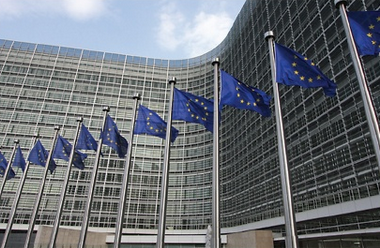A pan-European personal pension (PEPP) product should be seen not only as an opportunity to build large-scale cross-border pension providers but also as a means of developing a robust consumer protection framework, according to final advice to the European Commission.
The European Insurance and Occupational Pensions Authority (EIOPA) stood by its previous recommendation that the Commission should develop a 2nd regime, complementing existing private pension products (PPPs).
It said its development could help boost long-term investment and retirement income across the Continent.
The emphasis on consumer protection came as EIOPA noted the lack of trust potential savers expressed when asked about existing PPP providers, while consumers also often regarded PPPs as being too expensive.
“This strongly indicates that trust in PPPs and their providers needs to be restored to boost savings in PPPs,” the European supervisor said in its submission to the Commission.
It added: “This goes hand in hand with aiming at affordable, cost-effective and transparent products, so consumers can make well-informed decisions about their retirement planning.”
EIOPA’s paper added that personal pensions would only be able to deliver adequate retirement income if they were regarded as “safe […] cost-effective and transparent”, as well as able to cater to what the supervisor termed unconventional career paths.
It continued: “A truly well-functioning Single Market for Personal Pensions would provide a means of unlocking positive externalities that have yet to be fully utilised at EU level – especially in the current challenging low-interest-rate environment – by easing the access to both new and additional cross-border investment opportunities, accessible at lower cost.”
If successful, EIOPA added, PEPPs could contribute to a “flourishing” Capital Markets Union and encourage a greater focus on the long term over short-term investment, while benefiting the Continent’s economy.
The idea of the PEPP has received support from a number of industry sources, including the European Fund and Asset Management Association, although the Dutch government pushed back at a time when a standardised approach, rather than a 2nd regime, was still under discussion.








